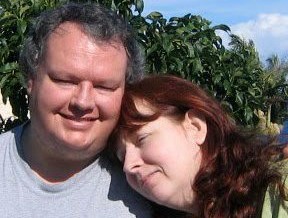Another great article from Mark’s Daily Apple today. This seems to clarify many of the ideas that have helped me in my path.
5 Helpful Analogies for Understanding Complex Health Issues
1. Insulin is a Doorman at a Fat Cell Nightclub
Insulin is not a switch that goes from fat burning to fat storing. Fat is always going in and out of the fat cells. Insulin just makes it easier to get in.
2. The Crowded Restaurant
I don’t like explaining weight loss using “calories in, calories out” — it is just TOO simple a model to be helpful. If a restaurant is crowded, and you want to know why, and someone says “It is because more people are entering than leaving” — well, it is precisely true and completely unhelpful.
3. LDL: Cars and Passengers
More vehicles (LDL particles) means more traffic jams and accidents (hardening of the arteries), all else being equal. A reading of 100 people on the road could mean you’re dealing with a hundred compact cars, each carrying a single driver, or it could mean you’ve got four buses carrying 25 passengers each. Or it could be a couple buses and the rest cars. You simply don’t know how bad (or good) traffic is until you get a direct measurement of LDL and HDL particle number.
4. Digging a Hole to Install a Ladder to Clean the Basement Windows
Everyone knows you need a ladder to clean outside windows. So for the basement windows, naturally you would need to dig a hole for the ladder, right? It’s an example of trying to apply a solution to a problem you don’t have–you will eventually solve it but it’s a lot more work.
5. What Would You Feed a Lion?
Lions evolved eating meat, so that’s what they should eat. What did humans and pre-humans eat while we were evolving? This explains why I think “processed food” is a “fad” and “paleo” is rediscovering something we already knew. Sure, it is *possible* to invent better foods, but based on the recent trend to obesity, heart disease, and other terrible health outcomes, we should not assume that processed foods, low-fat foods, refined starches and sugars are better than our evolutionary diet.
